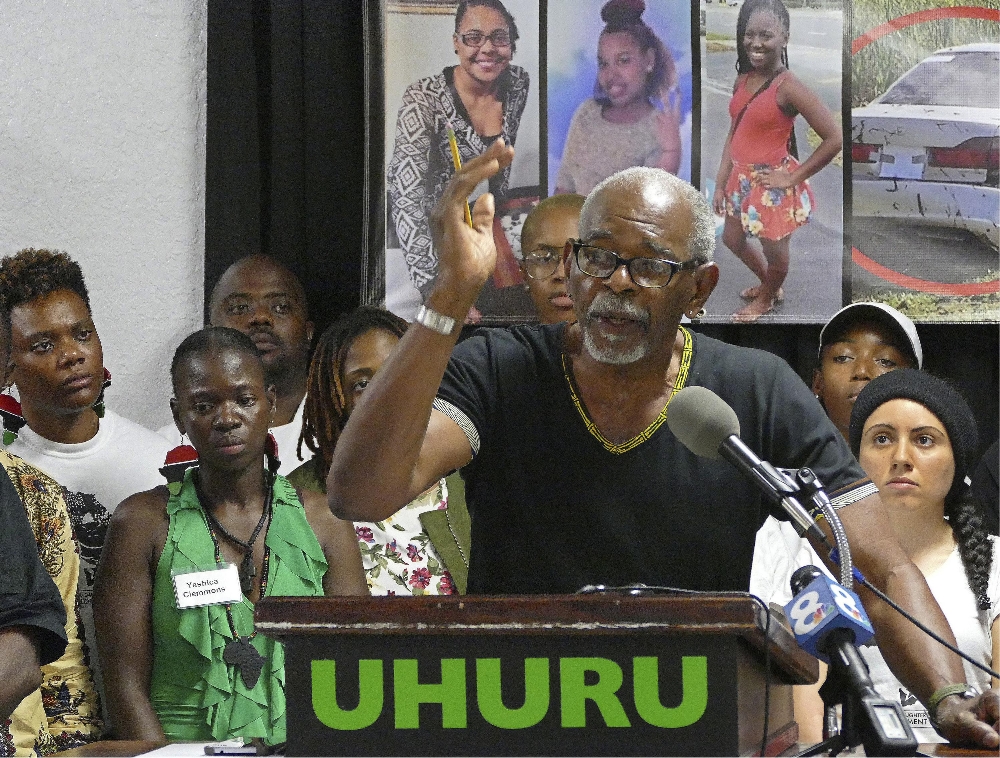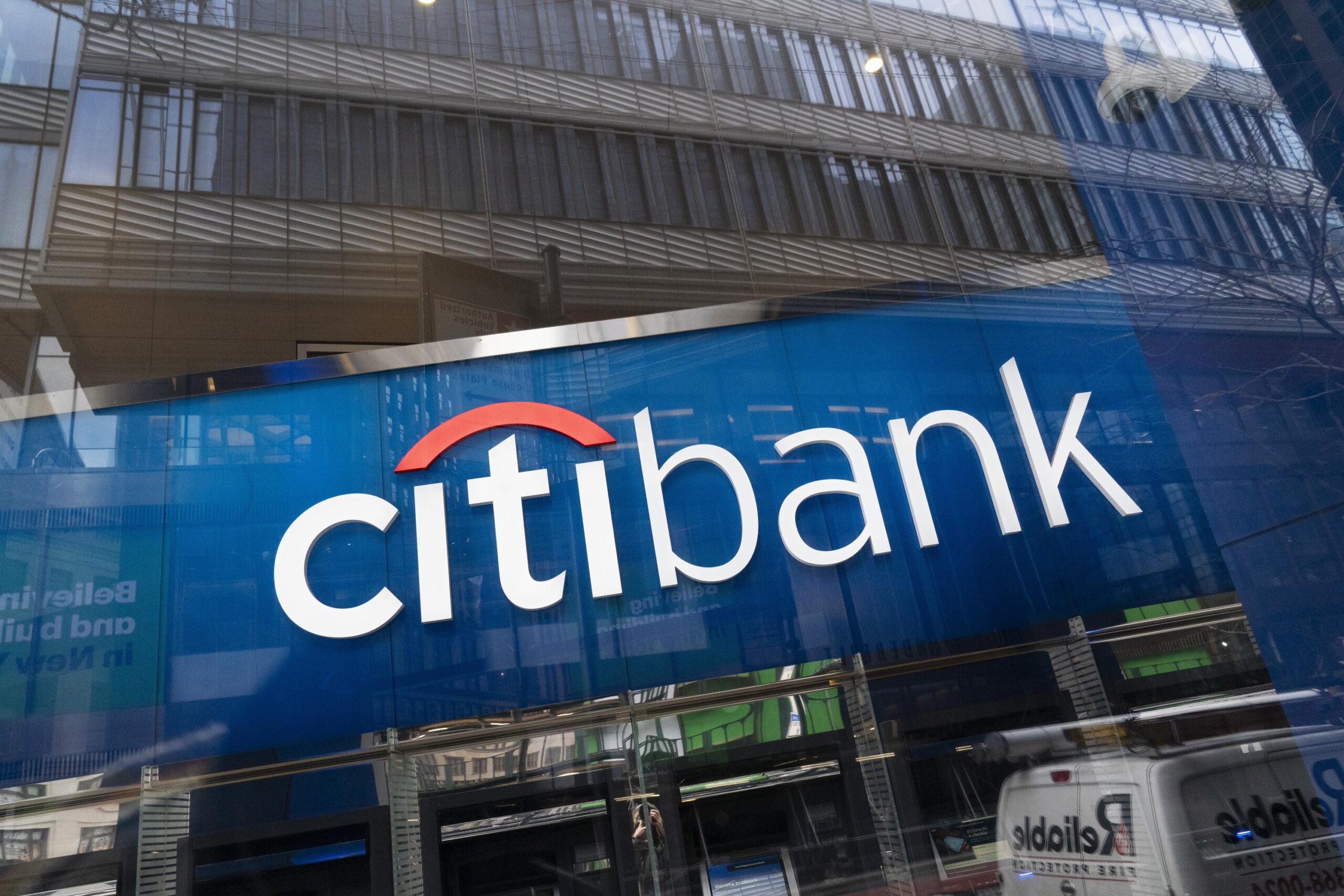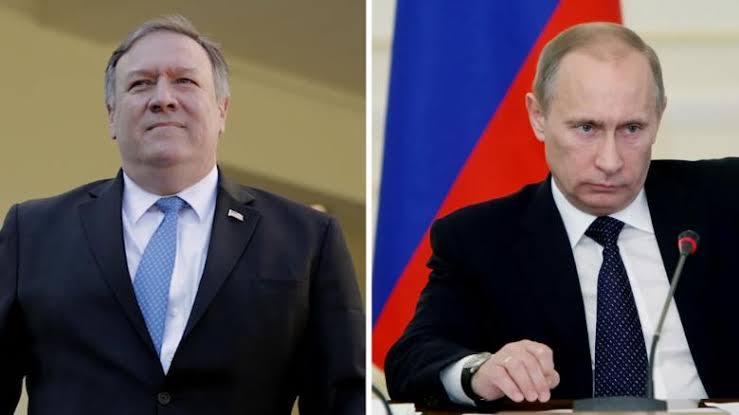The FBI and the New York Police Department have warned the public of a terrifying new “virtual kidnapping” scam targeting people living in the city.
People are being called, seemingly at random, by individuals claiming to have kidnapped a family member.
The FBI says that while no actual kidnapping has taken place, the scammers force the victim to pay a ransom in order to secure their loved-one’s release or prevent them from being harmed.
An FBI spokesperson told Sky News it has happened “hundreds” of times to people living in the New York area since November 2012 and that cases are on the rise.
The scheme is becoming increasingly sophisticated, with callers spinning elaborate stories to convince vulnerable people that someone they care about is in danger.
One example includes telling the victim that her husband or son has been in a car accident with a member of a gang, and that the family member is seriously injured but the gang member won’t let them go to hospital until he gets paid for the damage to his vehicle.
Another describes grandparents being told their grandson had been arrested and needed bail money.
A statement by the FBI read: “In another example, a caller might attempt to convince a victim that his daughter was kidnapped by having a young female scream for help in the background during the call.
“Often the reason they are holding the alleged victim varies, but some of the most prominent scams involve car accidents, drug debts, gang assaults, or persons being smuggled across the border.”
Some callers use sound effects to make it sound as though they are calling from a police station or hospital, a spokesperson told Sky News.
Victims are asked to wire money using companies like Western Union to a third party, often in Puerto Rico.
The FBI said: “Most schemes use various techniques to instil a sense of fear, panic and urgency in an effort to rush the victim into making a very hasty decision.”
Victims are ordered to stay on the phone until the money arrives, and the alleged kidnappers often claim the transfer has not worked and demand a second payment, usually between $600 (£395) and $1,900 (£1,255).
The FBI believes the calls are originating from gangs who have found an easy way to make money.
FBI Assistant Director-in-Charge George Venizelos said: “This is a scheme that takes advantage of some of the most vulnerable people in New York City. … We need the public to be aware of this scam and call us if they have been a victim.”
New advice issued on Tuesday included instructions to New Yorkers to identify the scam by watching for incoming calls made from an outside area code, sometimes from Puerto Rico, or calls that do not come from the so-called kidnapped victim’s phone.
They also urged caution over callers who go to great lengths to keep you on the phone, callers who prevent you from calling or locating the “kidnapped” victim, and ransom money only being accepted via wire transfer service.
The FBI advises people who believe they are being targeted to “try to slow the situation down; request to speak to the victim directly, ask, ‘How do I know my loved one is okay’?”
The agency said “If they don’t let you speak to the victim, ask them to describe the victim or describe the vehicle they drive, if applicable”.
Other advice includes: “attempt to call, text, or contact the victim via social media, request that the victim call back from his or her cell phone” and “don’t directly challenge or argue with the caller, keep your voice low and steady”.

















